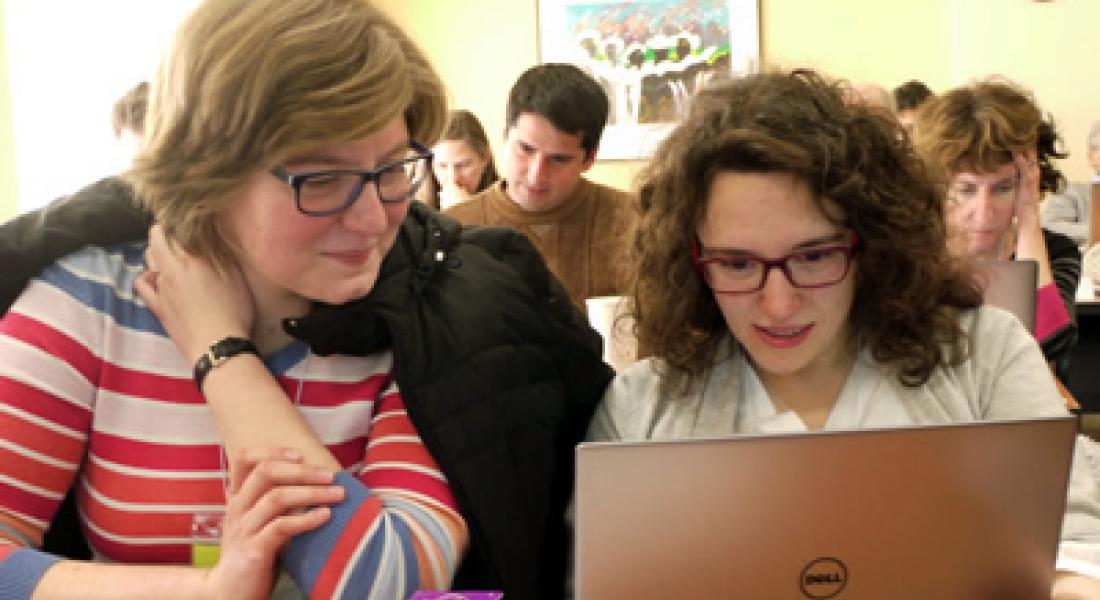
Instructional materials from the March 2016 workshop, "Varieties of Democracy Data: Incorporating Measurement Uncertainty," are now available online for use by researchers wishing to learn the intricacies of dealing with measurement error when using Varieties of Democracy (V-Dem) data.
“Researchers think about data quality all the time,” says Faculty Fellow Michael Coppedge, one of four co-PIs of the V-Dem project. “These are essential materials if you want to learn to do this kind of analysis right.”
Most democracy measurement projects—in fact, most projects measuring anything in the social sciences—act as though measurement error did not exist, Coppedge points out.
That’s why V-Dem—an international effort to provide the global community with the world’s most comprehensive, accurate, and detailed democracy ratings—took such uncertainty into account from the very beginning. The project acknowledges that measurement error exists, takes steps to minimize it, and makes full information about measurement uncertainty available at the project’s CurateND archive.
“Exploiting this information to produce more rigorous analysis, however, requires special training,” says Coppedge.
With fellow V-Dem researchers, he held a series of workshops early in 2016 to teach members of the Notre Dame community to use V-Dem data and online tools. The second workshop, in March, trained participants to download the uncertainty estimates from CurateND and use them when constructing indices or estimating relationships among indicators.
These are the materials now available online. They include a written tutorial, three PowerPoint lectures, and Stata do-files for four illustrative applications. They should give researchers unable to attend the workshop a good grounding in dealing with measurement uncertainty, says Coppedge.
Along with Coppedge, the training was led by Kellogg PhD Fellow Fernando Bizzarro Neto and V-Dem project manager for measurement methods Daniel Pemstein of North Dakota State University.
V-Dem is an international collaboration of researchers from around the world. The project has institutional homes at the Kellogg Institute for International Studies, University of Notre Dame, and the V-Dem Institute in the Department of Political Science, University of Gothenburg, Sweden.
The Kellogg Institute for International Studies, part of the University of Notre Dame’s new Keough School of Global Affairs, is an interdisciplinary community of scholars and students from across the University and around the world that promotes research, provides educational opportunities, and builds linkages related to two topics critical to our world—democracy and human development.





